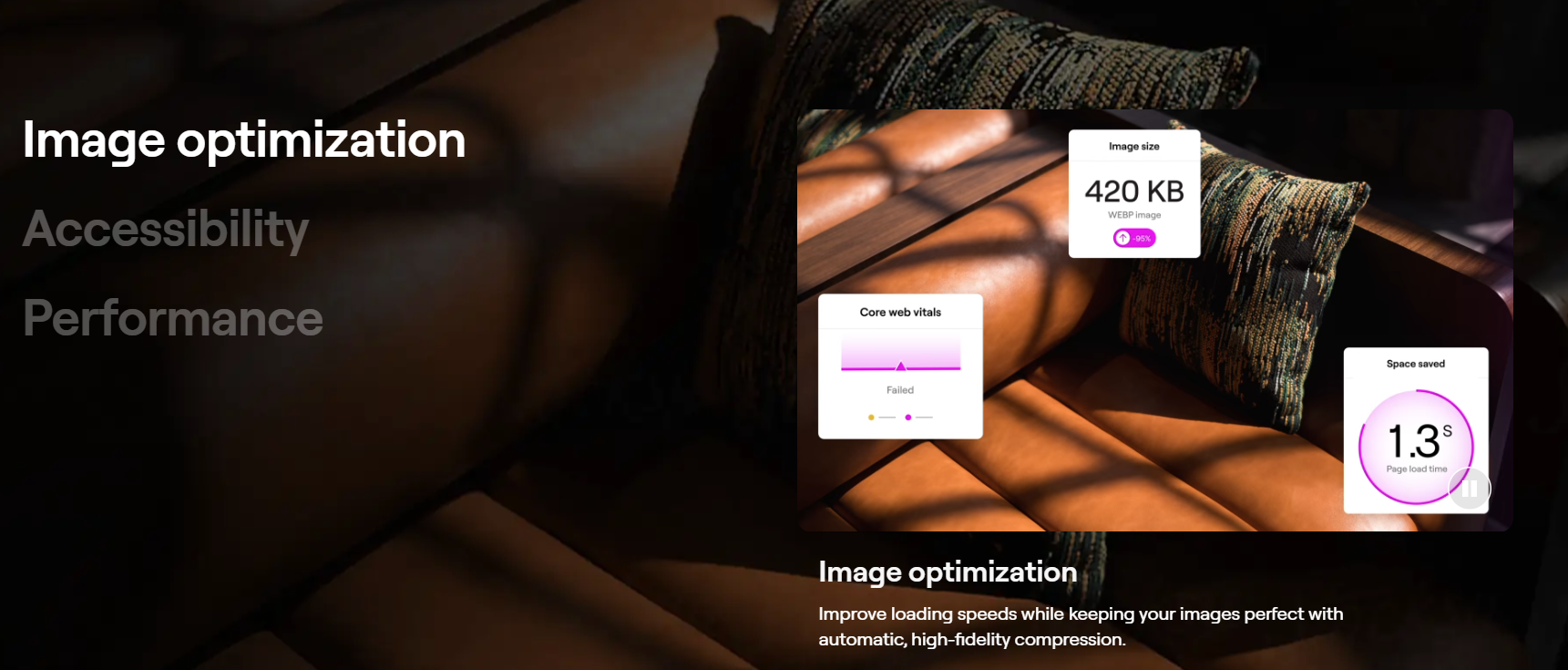Visual hierarchy is a vital web design principle where elements are arranged to display the order of their importance.
By structuring visual attributes such as menu icons, users can easily understand information and not get lost trying to know where to look on a page. The results are improved the user experience. Furthermore, the site’s strategic and logical laying out of elements influences users’ perceptions and guides them to desired actions.
Visual Hierarchy Structure
Visual hierarchy is achieved by designers using the following characteristics:
- Size – Users quickly notice more prominent elements.
- Color – Bright colors are more noticeable and attention-grabbing than soft ones.
- Alignment – Out-of-alignment elements stand out over aligned ones.
- Contrast – Significantly juxtaposed colors are eye-catching.
- Texture and Style – Stronger textures stand out over flat ones.
- Repetition – Repeating styles suggests that content is linked.
- Whitespace – Elements with more white space surrounding them draws the eye towards them.
- Proximity – Elements placed close together seem related.
Visual Hierarchy Benefits
When designing a site focused on the user interface (UI), and efficient visual hierarchy improves informing, impressing, and persuading users with expectations – particularly regarding an interface’s look and feel.
Therefore, whether it is for a site, app, or associated product to succeed, it’s essential that the structure of pages or screens minimize users’ uncertainty, show them complete empathy, and offer them something pleasurable to view.


